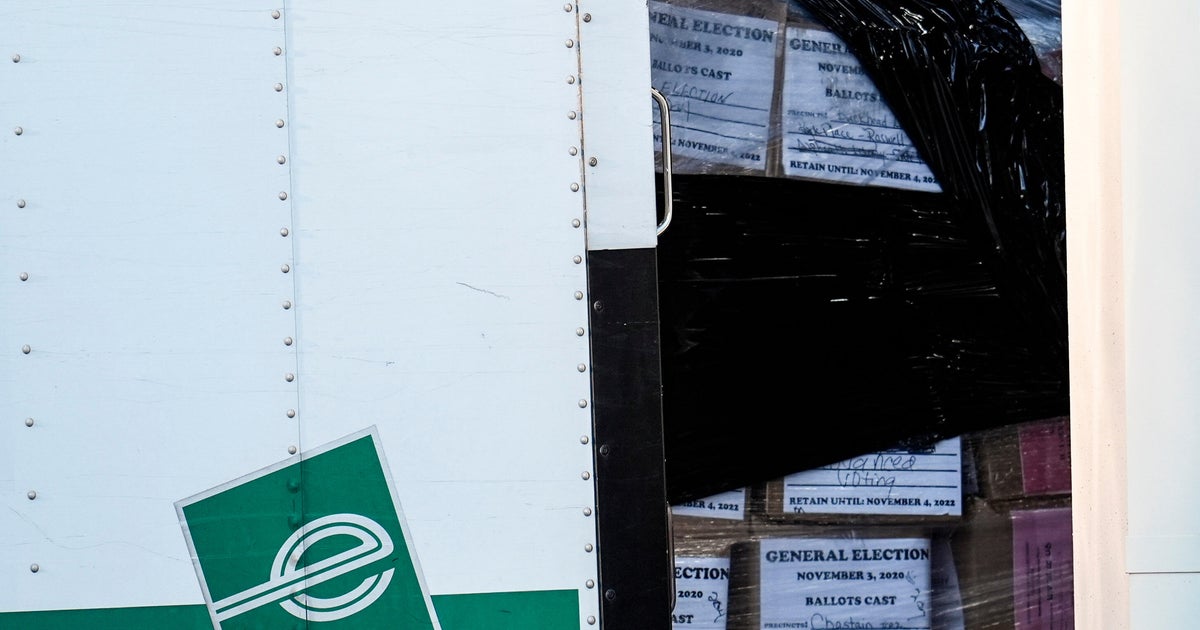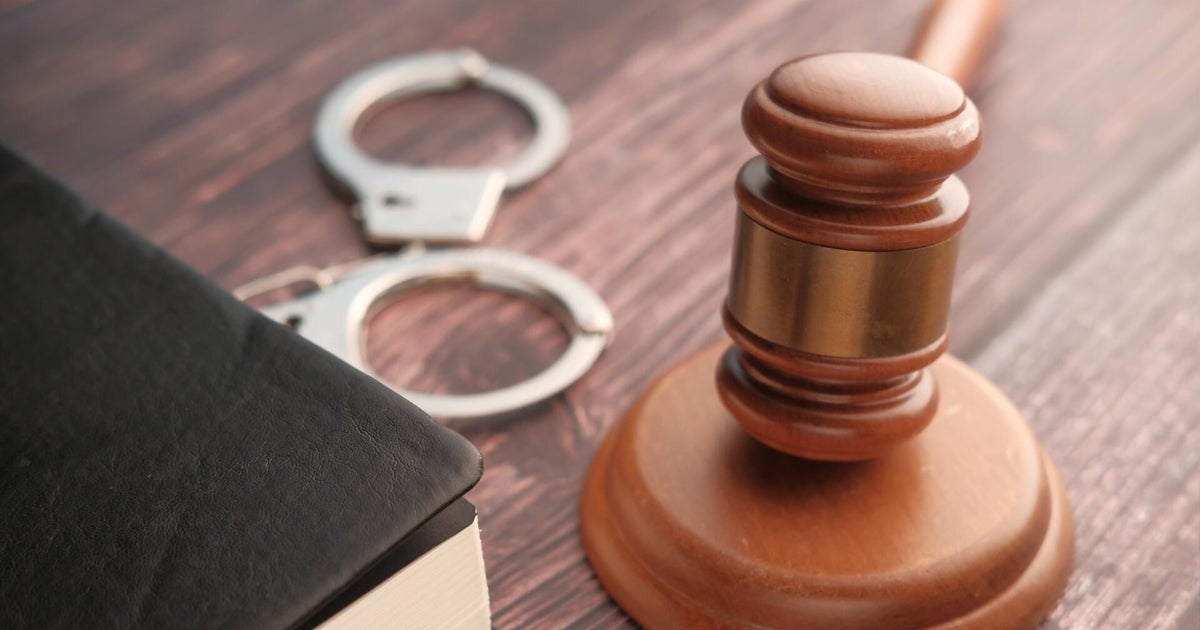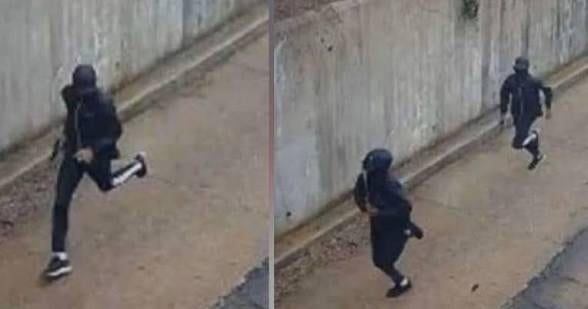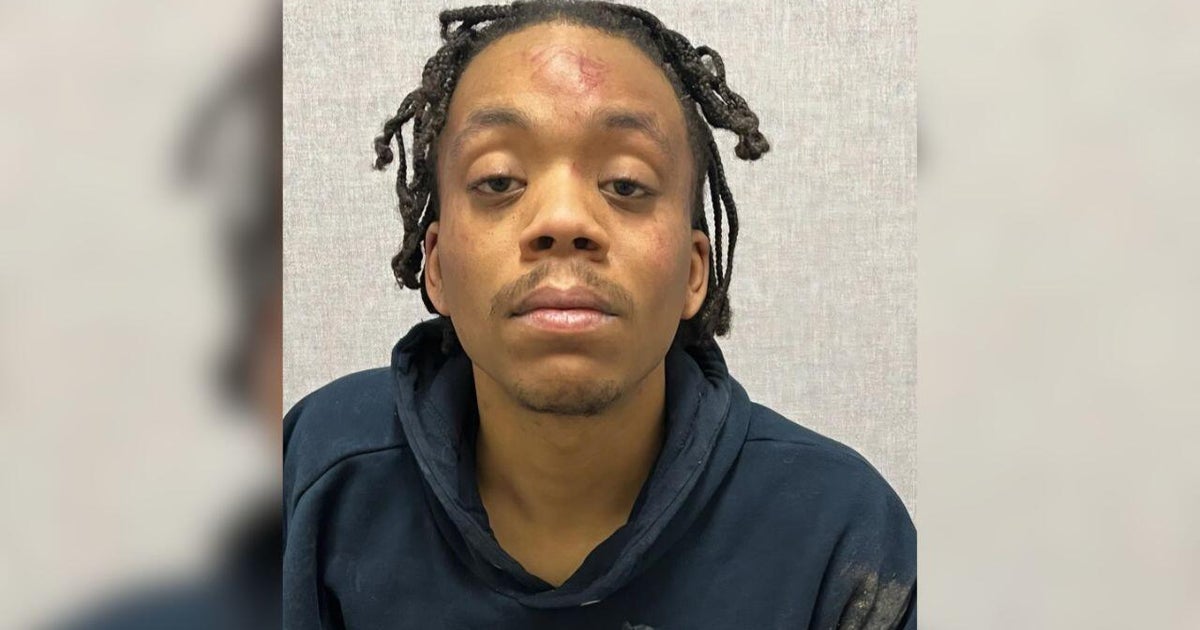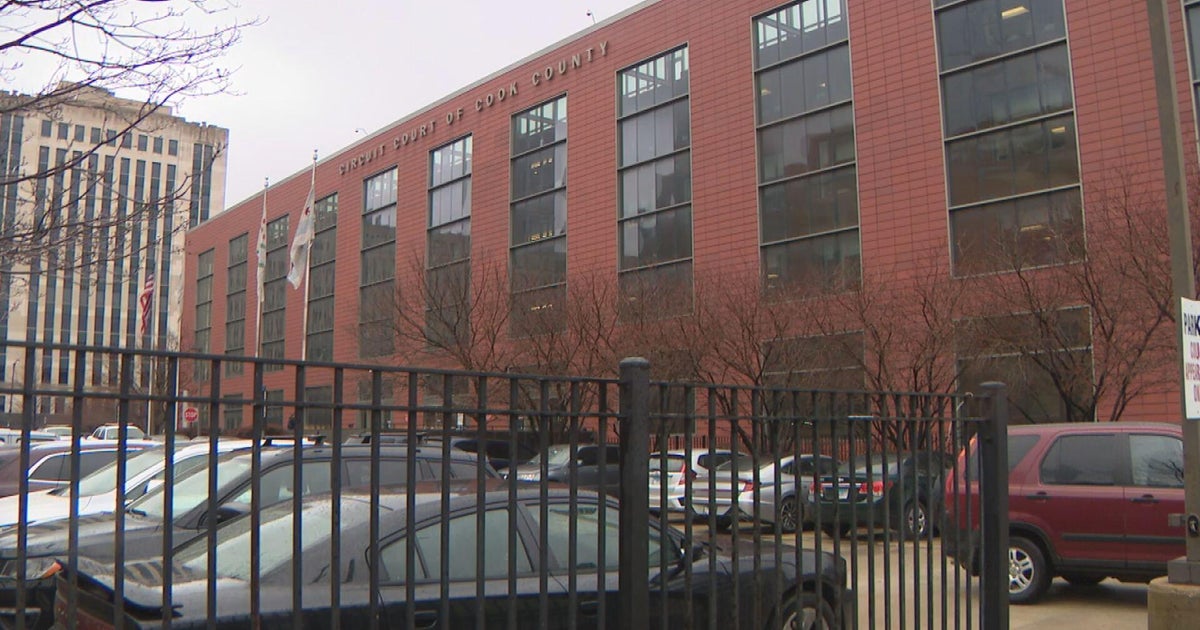Judge Delays Ruling Giving Defense Access To Secret Docs In Terror Case
CHICAGO (AP) -- A federal judge said Tuesday that she'll wait for the appeals process to run its course before implementing her ruling that gives lawyers for a Chicago terrorism suspect access to secret documents spelling out how the U.S. government sought permission to spy on him.
The potentially far-reaching ruling last month was the first time any defense attorneys were granted permission to see such applications to the Foreign Intelligence Surveillance Court, established in 1978, U.S. District Judge Sharon Johnson said at the time.
At a hearing Tuesday she agreed to prosecutors' request to stay her ruling, meaning the documents will remain closed at least until the U.S. 7th Circuit Court of Appeals issues an opinion. Depending on the outcome, either side could then appeal to the U.S. Supreme Court.
Prosecutors filed a notice that they are appealing late Monday in the case of 20-year-old Adel Daoud, a U.S. citizen from suburban Chicago who pleaded not guilty to charges he took a phony bomb from undercover agents and sought to detonate it by a Chicago bar in 2012.
Daoud's trial had been slated to begin on April 7, but Coleman on Tuesday delayed it to an unspecified date in November, citing the appellate process over the secret court documents, which is likely to take months to resolve.
Prosecutors filed only a one-page document indicating the government is appealing Coleman's Jan. 29 ruling. A full brief outlining their arguments for why the higher court based in Chicago should overturn it will be submitted later.
In filings before the ruling, prosecutors deemed the secret papers too sensitive and said "specific harm" could come from disclosing them. They urged her to follow standard procedure and examine them herself to determine if portions may be relevant to Daoud's defense.
Some observers sympathetic to the government position have said opening the entire application to review in this case could set a dangerous precedent, noting surveillance-court applications typically include details on secret sources and methods.
In her January ruling, Coleman said defense attorneys should, whenever possible, be able to view the whole gamut of evidence against their clients. She called it the "bedrock" of the Sixth Amendment's guarantee of a fair trial.
Outside court Tuesday, Daoud's lead attorney, Thomas Durkin, declined to speculate about whether appellate court would uphold the ruling, saying the issues were "too unique to try and predict."
(TM and © Copyright 2014 The Associated Press. All Rights Reserved. This material may not be published, broadcast, rewritten or redistributed.)



